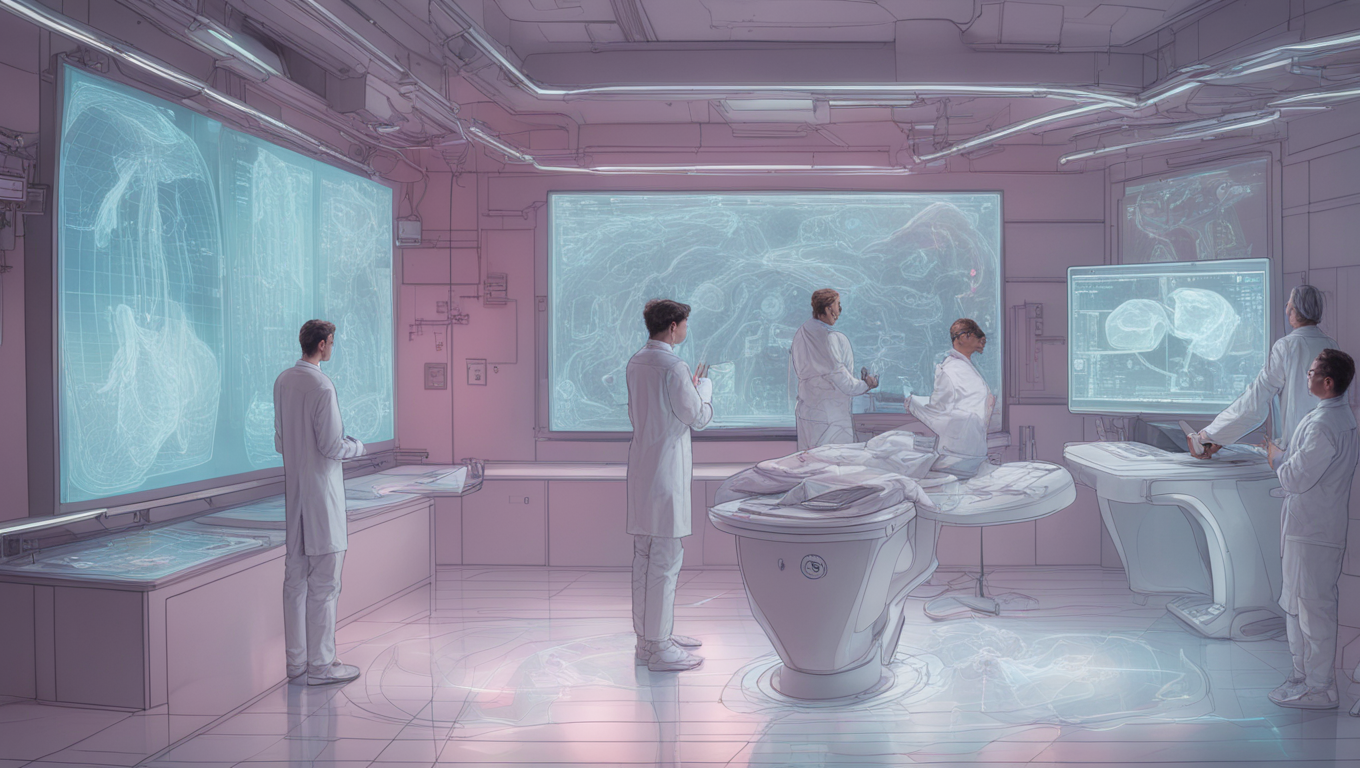In a groundbreaking development in Galway, Ireland, a team of researchers has developed the Kidney Disease Clinical Patient Management System (KDCPMS), an electronic health record system that utilizes artificial intelligence (AI) to manage the care of patients undergoing dialysis or kidney transplant. This innovative approach extracts key structured information from clinicians' free-text notes, a feat that was previously deemed impossible. The team hopes that this system will not only enhance patient care but also play a crucial role in shaping national renal care strategies.
Leading the project is Dr. Conor Judge, a consultant nephrologist at Galway University Hospitals and a senior lecturer in applied clinical data analytics at the University of Galway. Dr. Judge expressed enthusiasm about the potential of AI in improving patient care, stating, “Using artificial intelligence in this way will allow us to harness this rich data source to improve patient care in a way that has not been possible to date.”
The application of AI in healthcare is a game-changer, allowing for the analysis of vast amounts of data, which was previously too time-consuming or challenging for human review. Dr. Howard Johnson, clinical director of the HSE National Health Intelligence Unit, highlighted the significance of this project, saying, “This project could pave the way for similar initiatives across other parts of our health services to use the vast amounts of available and unused data to support the delivery of high-quality, efficient, and effective health care.”
The collaboration behind the KDCPMS involves various institutions, including the Saolta healthcare group, the University of Galway, Insight Data Analytics, Health Innovation Hub Ireland, eHealth Ireland, as well as HSE units, including the National Renal Office. The project has received funding from the Public Service Innovation Fund operated by the Department of Public Expenditure, NDP Delivery, and Reform.
One of the immediate applications of the KDCPMS is comparing the quality of Irish patient care to other European and international nephrology centers. Previously, such comparisons were challenging due to the unstructured nature of clinicians' notes. By extracting key information using AI language models, the researchers can now analyze and compare the quality of care more effectively.
Looking ahead, the team envisions that this technology will contribute to the development of a national kidney disease strategy in Ireland. By leveraging the wealth of data and insights provided by the KDCPMS, informed decisions can be made to improve renal care, benefiting patients, healthcare staff, and the general public.
The innovative use of AI in healthcare is an exciting development, with potential applications extending beyond kidney disease management. As AI continues to evolve and be integrated into various aspects of healthcare, the possibilities for improving patient outcomes and revolutionizing the healthcare system as a whole are immense. With initiatives like the KDCPMS paving the way, we can expect remarkable advancements in the years to come.





Use the share button below if you liked it.